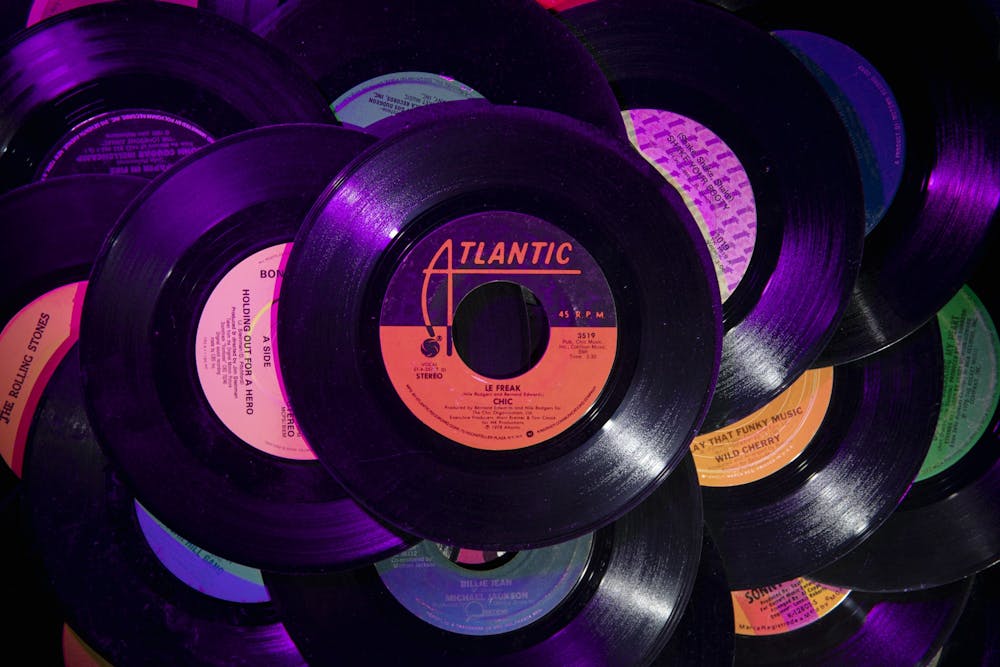Although Zakari Lowenthal Billo, a senior chemistry major at UNC, has been a musician for the past ten years, it's only been within the past few that he got into making his own beats and experimenting with digital music.
Billo said that their introduction to digital music production was a “hand-me-down experience." His best friend made beats, which inspired him to do the same. Billo's friend taught them the basics and exposed them to relevant works and genres that shaped their understanding of the art form.
When he was in high school, Billo said he became interested in hip-hop, which often samples older musical clips and repurposes them to create new compositions. Their appreciation for the genre as a listener fostered their passion for beat-making, which uses similar techniques and technologies.
"I would say that hip hop has always been about accessing the past, and it's always been about the amplification of Black music that is older and creating something new with that in the contemporary sphere," he said.
Today, digital audio workstations, such as Ableton Live, Logic and FL Studio software, and hardware like the Akai MPC Live are at the center of digital music production as they provide a platform for the sounds, instruments and tools that musicians use to create their music.
Dustin Ragland, the education development manager at Ableton, which creates digital music software and hardware, said that digital music production gives him flexibility to reimagine an individual sound in various ways.
“A common misunderstanding of digital tools that can happen is that they are all shortcuts to reach an end goal, which is just producing something, it doesn’t matter what the something is, as long as it’s musical ‘content,’” Ragland said. “But the most compelling examples of uses of digital tools in this case are the ones that allow for you to imagine music that is either physically impossible to play or that you yourself as a musician maybe couldn’t perform.”
In the past, he has used tools to stretch the sound itself until it’s unrecognizable or to add effects to transform the way the layers of sound interact with one another.
Alexia Civit, a sophomore music and environmental studies major, said that before coming to UNC she was primarily an acoustic musician. As she learned about different genres, took music technology classes and got involved with student groups at UNC like the Hip Hop Ensemble, her focus started to shift to digital music production.




